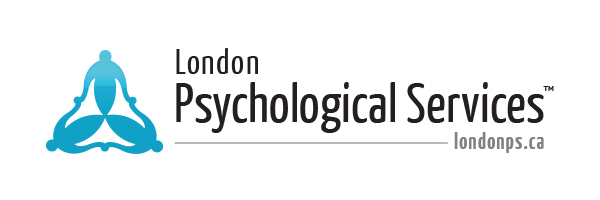We are often hit over the head with the message that we need to “think positive!” or “look for the silver lining” or “there’s always someone who has it worse than you” when we are faced with a difficult situation. When bad things happen, the old adage "everything happens for a reason" is whipped out at least once to try to change how we feel about it. When we are struggling, we may downplay our own experience so that we don't make other people uncomfortable. We just don't want to feel bad. However, this can get us into emotional trouble. We all came into this world with a full and complete set of emotions, ranging from the most joyous to the depths of despair. We are meant to feel them all. Our feelings are responses, messages, information for us to use to make sense of our world.
Despite the usefulness of all emotions, we seem to have a tense relationship with the "negative" emotions. We may pile on judgement and criticism for feeling very reasonable and normal responses to stressful situations. We may be shamed by others for our feelings. Every day I work with people who are beating themselves up for having normal, human reactions to incredibly tough situations (one of my most commonly used phrases in therapy is “it would be weird if you were okay with that”).Let’s stop shaming ourselves for having normal feelings.
If you are struggling with infertility and desperately want a baby, it’s okay to feel sad.
If you are concerned about your job security, it’s okay to feel anxiety.
If your child is struggling in school, it’s okay to be worried about it.
If you can’t remember the last time you really connected with another person, it’s okay to feel lonely.
If you have lost a loved one, it’s okay to feel grief.
If someone has taken advantage of you, it’s okay to feel anger.
There is nothing inherently bad about these feelings. Yes, they feel uncomfortable. Yes, they may bring some painful truths into our awareness. Yes, we much rather feel the more warm and fuzzy feelings, but there is nothing inherently bad about “negative” emotions. Where things can start going off the rails is when we start piling on unrealistic expectations about feelings on ourselves.
“I need to be strong.”
“Why am I being such a baby?”
“This is not a big deal; I don’t need to freak out.”
We judge and criticize ourselves for normal reactions, which is the equivalent of dumping a canister of gasoline on a fire. Or we try to avoid the feelings, which is kind of like trying to shove one more thing into an already overflowing drawer. However, by interfering with the negative feelings, we also interfere with our ability to experience positive feelings. We can't just stop one part of the system, without impacting the entire emotional system. Feelings can get too overwhelming, too intense or we feel emotionally paralyzed or detached. This is usually the point when people end up in my office; they are confused, overwhelmed and tired of their own feelings.
As counter-intuitive as it may sound, in order to make room for happiness and joy, we also need to make room for the negative feelings. We need to accept our own responses and reactions. However, this can be tough, especially if you have been struggling with your feelings for a long time. It can be hard to regain emotional balance. A large component of the therapy process is identifying feelings, understanding why those feelings are present, accepting the feelings for what they are and adjusting expectations about feelings. Your feelings don't need to be a battle.



